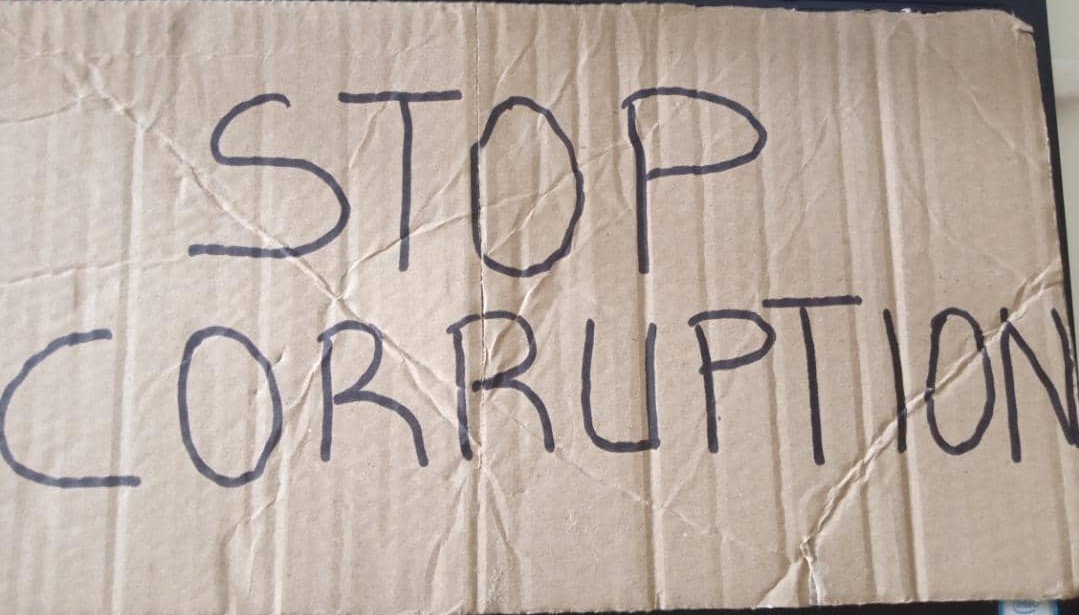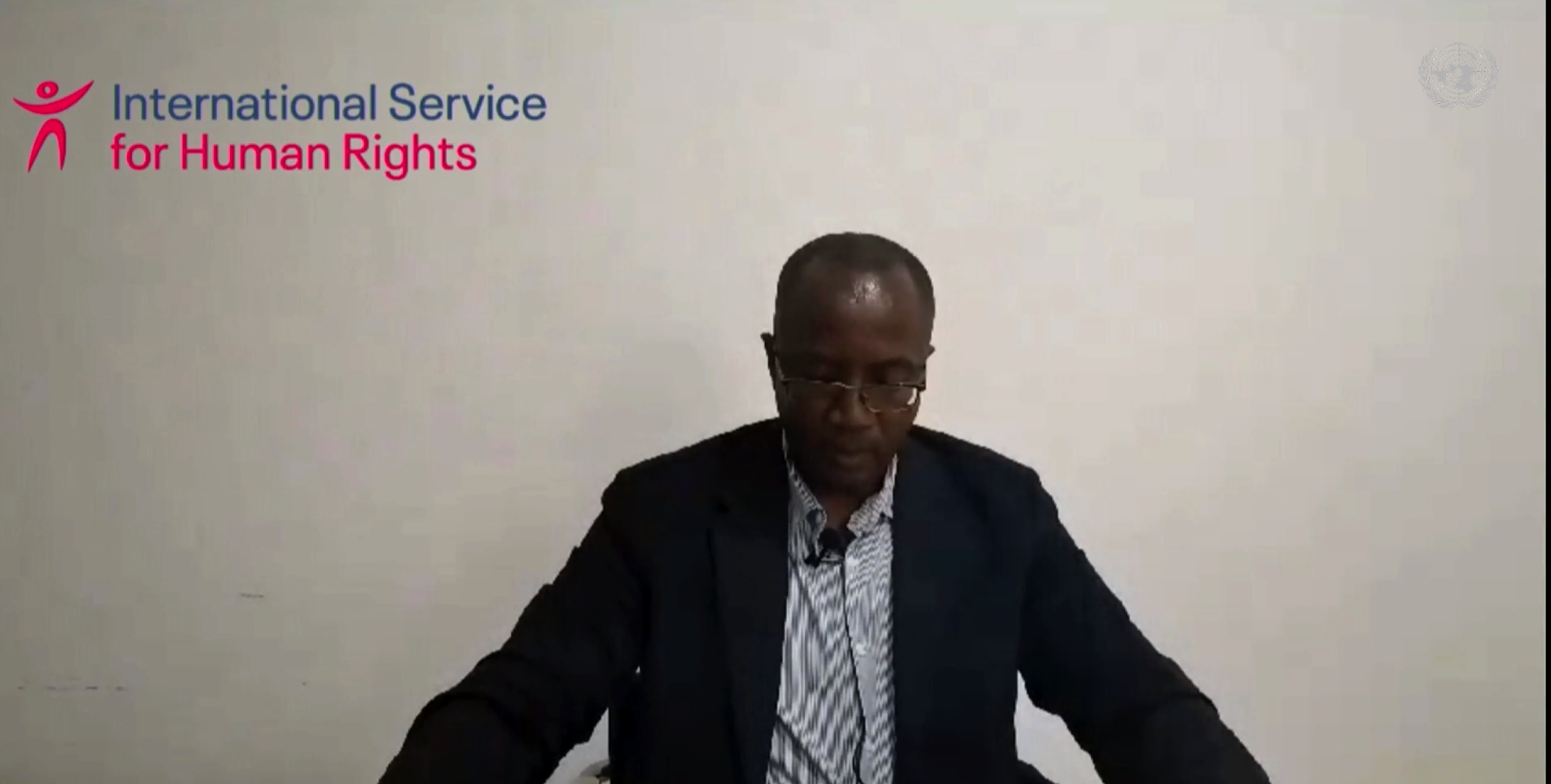On 10 November 2020, the NGO Forum held a discussion on the Economic, social and cultural rights affected by the corruption linked to COVID-19 financial support to Africa. Before this, on 2 November, The Chairperson of the African Commission of Human and People Rights, Commissioner Solomon Ayele Dersso, and the African Union Advisory Board on Corruption, through its Chairperson Honorable Begoto Miarom, issued a press statement where they expressed their deep concern and alarm about the increasing incidents of corruption on the continent within the context of the fight against the COVID-19 pandemic on corruption. Diverting resources away from the intended beneficiaries and into the hands of those who seek to profit from a crisis directly interferes with the protection of the rights to health and life. They note that “the challenge of corruption predates the COVID-19 pandemic, with approximately USD 500 billion lost annually through corruption in the health sector globally”.
During the discussion, deeper analysis of their respective countries across the continent were provided by experts.
In his opening remarks, moderator Japhet Biegon, Amnesty International Regional Advocacy Coordinator highlighted that “COVID-19 pandemic has brought to the forth one other issue and that is the state of more corruption to the continent. It has revealed how corruption is deeply rooted in our societies and in our governments. From Zimbabwe to South Africa and from Kenya to Nigeria, we have seen how emergency funds have been directed or redirected to private individuals instead of going to where they are needed the most. And that is in response to Covid 19 pandemic”.
Mourad Errarhib from the National Human Rights Council of Morocco noted that corruption is a virus in itself. He raised that “fighting corruption in this pandemic should require governments to believe on their own accountability following this crisis. There will be no delays in ensuring that those who engaged in corruption regarding post COVID-19 funds are held accountable. The human right family should start pushing for all these laws on corruption adopted by States, to be implemented.” It is not only about establishing institutions but rather about using existing legislations to ensure accountability post COVID-19.
The COVID-19 pandemic has also reinforced the weaknesses of the governing systems in Africa exposed by the Ebola crisis. Approximately USD 6 million earmarked for the fight against Ebola were lost through fraud and corruption in Guinea and Sierra Leone from 2014 to 2016
“In Zimbabwe, the government promised to release 5000 dollars every month to the Ministry of Social Development for the distribution of food to the poor and the less privileged. Unfortunately they did not receive the food. What we saw is that the employees of the Ministry and their relatives were the ones receiving this food. In Zambia, the Ministry of Health received test equipment, face masks and they failed to distribute it to the population. The employees of the Ministry of health were seen selling these things on the black market” shared Gregory Chifire from the Southern Africa Network against Corruption.
Adressing the situation in Kenya, Zambia and Uganda, Diana Gichengo from the Kenyan Human Rights Commission said that in addition to COVID-19, other illness have spread like diarrhea, HIV and reproductive health was affected too. In most Eastern African countries most children were at home and not able to access education. People had loss income because most companies were no longer working and implemented measures like to cut salary or lay down some employees. This led to some family having difficulties accessing basic goods. Between April and July it was reported that most people, about 30% of the population, were not able to pay their rent and faced local legislation which had restricted movement and had nowhere to go.
Unfortunately, there have been increasing incidents of corruption on the continent within the context of the fight against the COVID-19 pandemic. Panelists also noted that corruption predates the COVID-19 pandemic but the pandemic has really brought out and shown how corrupt individuals in the public service can exaggerate and go as far as preventing people from enjoying their rights, in particular their right to health.
Contact: Stéphanie Wamba, Africa Programme Advocate Consultant, [email protected]
Photo: ISHR




